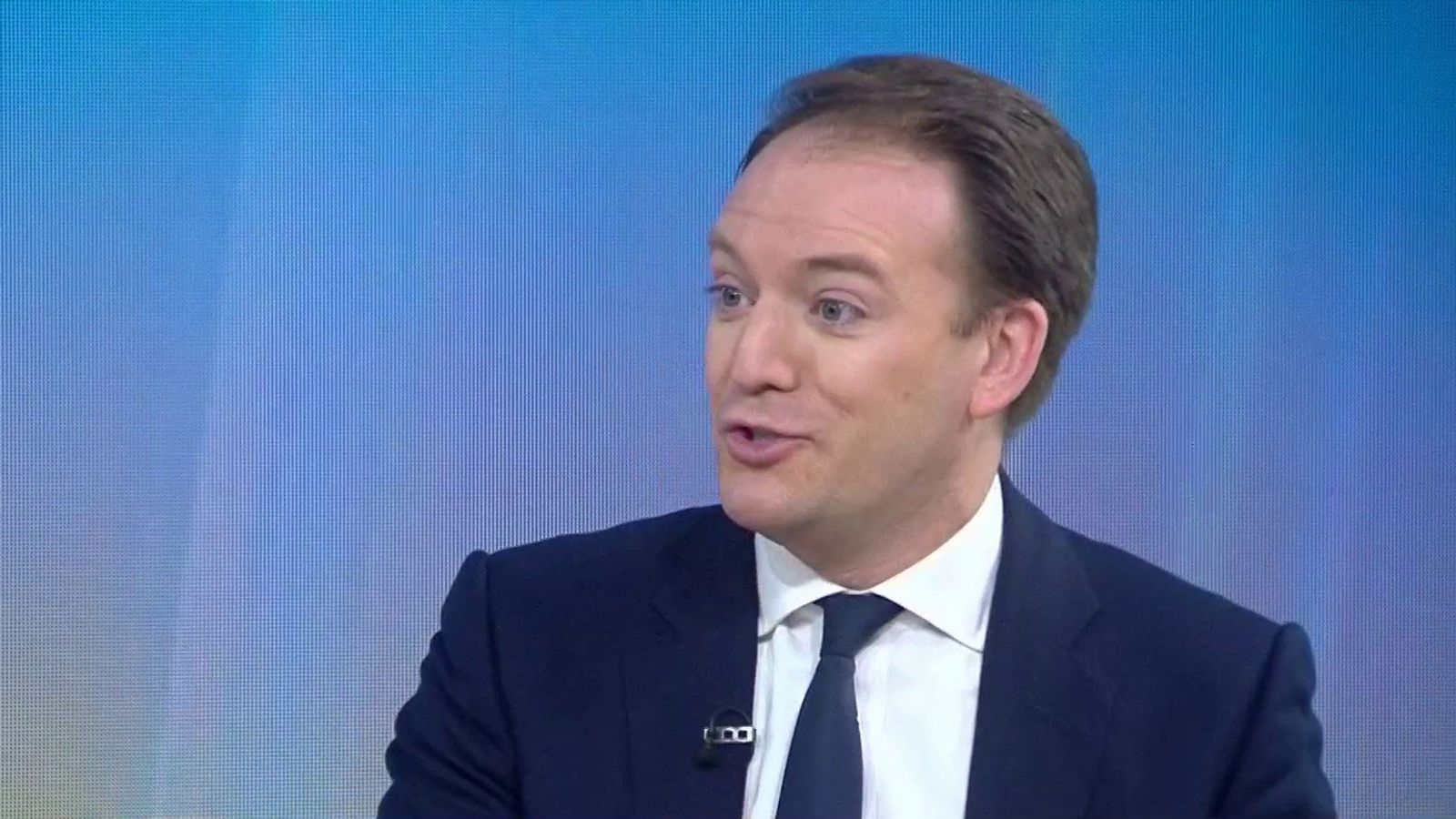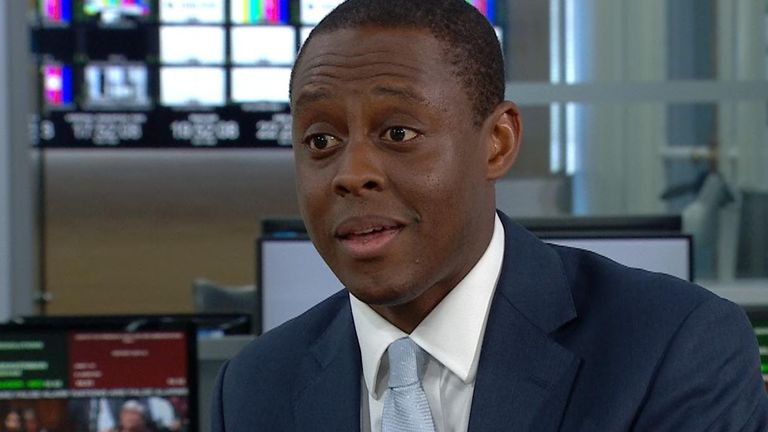A minister has admitted that the government’s desire to scrap national insurance could take “several parliaments” to achieve as confusion over the policy mounts.
In his budget earlier this week, Jeremy Hunt slashed national insurance by 2p and said the government intended to scrap payments entirely, branding them “unfair” and a “double taxation” on work.
However, following a backlash and questions from Labour over how abolishing the tax would be funded, the chancellor admitted his plans would not happen “any time soon”.
And speaking to Sky News this morning, Gareth Davies, exchequer secretary to the Treasury, conceded that enacting the policy may take “several parliaments” – potentially at least a decade – to achieve.
“The starting point is that we think there’s a fundamental unfairness that if you work in a job you pay two types of tax; you pay income tax and you pay national insurance contributions,” he said.
“So what we want to do, what we’ve demonstrated at the last two fiscal events, is that we want to get national insurance contributions down to the extent that we remove the unfairness over time.
“The long-term ambition, it may take several parliaments, but the long-term ambition is to remove that unfairness.”
Mixed messages
Mr Davies’ comments add to the confusion surrounding the policy after two ministers appeared to contradict each other this week.
Treasury minister Bim Afolami told Politics Hub With Sophy Ridge on Wednesday that the government wants to “eliminate” national insurance entirely.
But on Thursday, Work and Pensions Secretary Mel Stride said his “understanding” was the government aspires to bring down national insurance and taxes more generally over time.
Mr Hunt said that while the government wanted to “end the unfairness” of taxing work twice when other firms of income are taxed only once, it would only do so “when it’s possible to bring down taxes without increasing borrowing, while also prioritising public services”.
He also suggested income tax and national insurance could be merged.
Asked whether the government wanted to merge income tax and national insurance, Mr Davies said: “We keep all these things under review, but we want to remove the unfairness of having two taxes for those in work.”
According to the Office for Budget Responsibility, the independent public finances forecaster, income tax brought in £251bn in 2022-23, while national insurance brought in £177bn.
How much will it cost?
Labour has demanded the chancellor reveal how much his plan to scrap national insurance would cost, after its own estimates suggested the move could require an outlay of £46bn a year – equivalent to £230bn over a five-year parliament.
The party has argued such a move could prove more costly than the £45bn package of unfunded tax cuts announced by Liz Truss in her 2022 mini-budget which unleashed economic chaos and upended her premiership.
Darren Jones MP, Labour’s shadow chief secretary to the Treasury, said: “Another day, another new claim from a Treasury minister over their £46bn unfunded tax cut.
Read more:
Electoral Dysfunction: Budget did little to defuse ticking time bomb for local councils
‘Nothing has changed’: Sunak quashes speculation of May general election
“And yet we still haven’t heard a word about how they plan to pay for it. If they are going to continue to confirm it is their policy, they should explain where the money is coming from.
“Another five years under Rishi Sunak risks re-running the disastrous Liz Truss experiment, which crashed the economy and sent mortgages rocketing for working people.”
A Number 10 source said the government would “make progress as rapidly as we can” and pointed to the reductions in national insurance that have already been made.
The Treasury also said Mr Davies’ timeline reflected the existing position.

